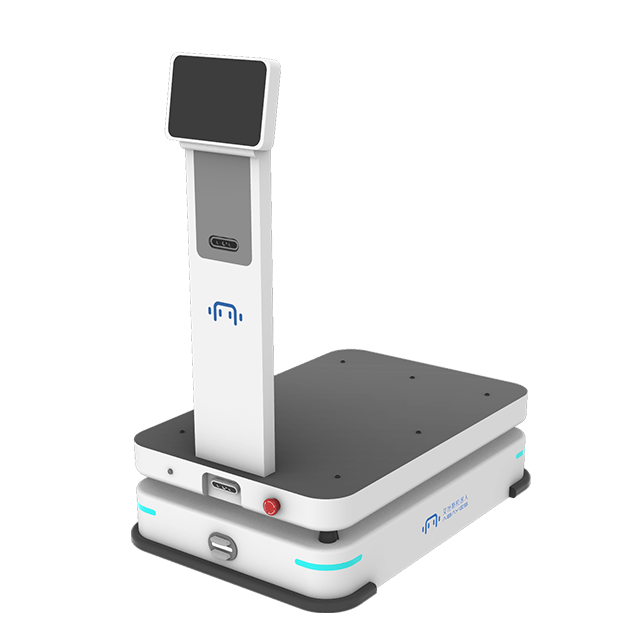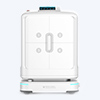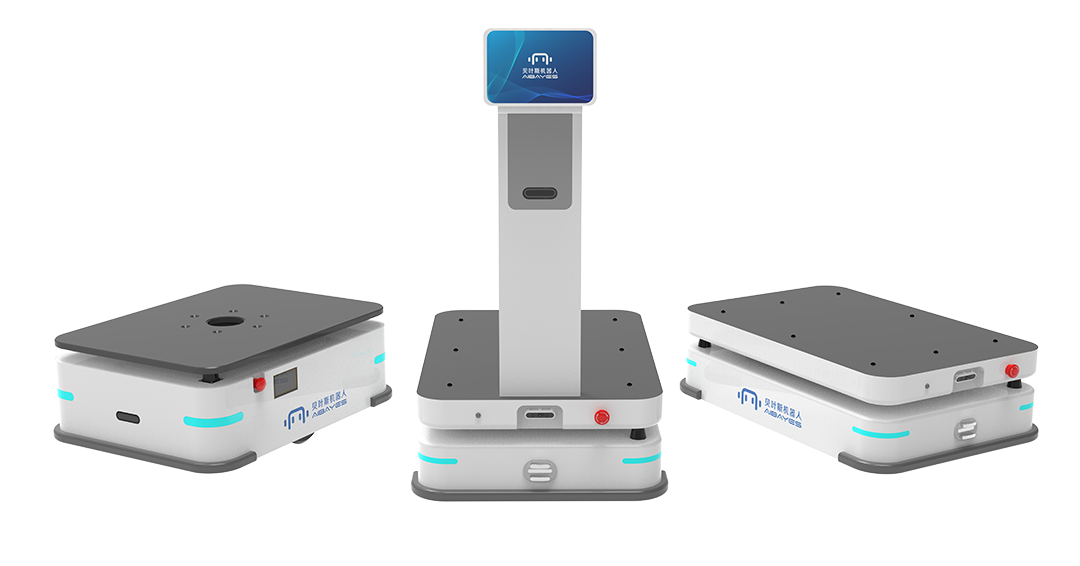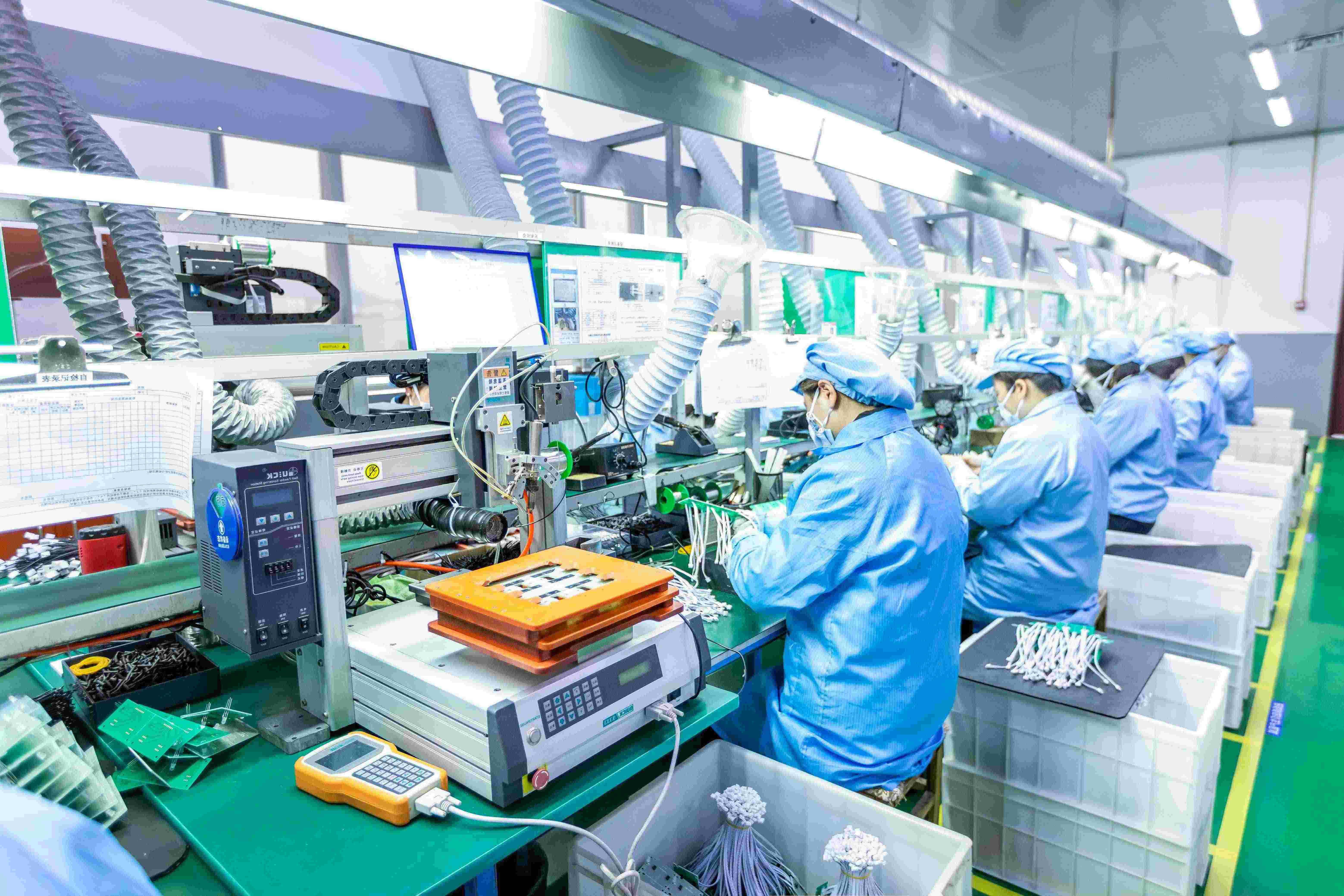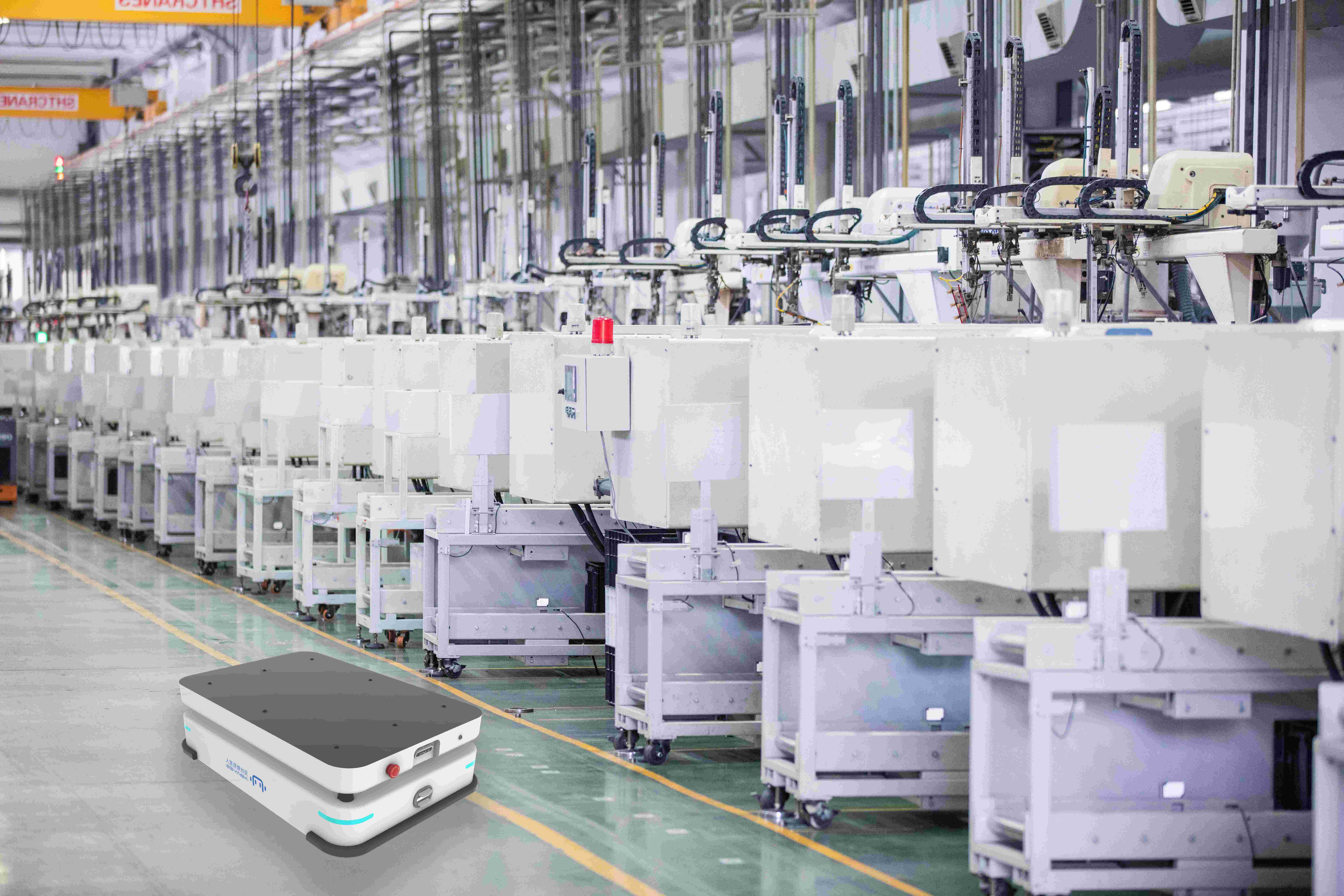Applications: FLASH
Industry Introduction:
The lithium battery industry, a cornerstone of the renewable energy sector, is witnessing unprecedented growth. However, the increasing demand for lithium batteries comes with its set of challenges, particularly in the efficient handling of raw materials within production line. To address this, the integration of cutting-edge technology, specifically robots, is proving to be a transformative solution.
Pain Points in the Scenario:
- In the bustling workshop of a lithium battery manufacturing plant, the scene is often characterized by a complex web of material flows.
- The manual handling of raw materials poses challenges in terms of efficiency, accuracy, and safety.
- Human workers may encounter difficulties in navigating tight spaces and lifting heavy loads, leading to potential bottlenecks and safety concerns.
Advantages of Robot Applications:
Material handling robots, such as AMRs, equipped to tackle the intricacies of the lithium battery manufacturing environment. These robots offer a range of advantages that address the pain points prevalent in traditional material handling processes.
- Precision and Accuracy:
Robots are programmed to follow precise paths, ensuring the accurate and reliable transportation of raw materials. This minimizes the risk of errors in material delivery and placement, contributing to a more streamlined and error-free production process.
- Efficiency and Speed:
In an industry where time is of the essence, material handling robots excel. They operate seamlessly around the clock, ensuring a continuous and swift flow of raw materials. The efficiency and speed of these robots significantly contribute to meeting production deadlines and keeping up with the dynamic demands of the lithium battery market.
- Safety Enhancement:
Robotic solutions enhance safety in the workplace. By automating handling and repetitive tasks, material handling robots reduce the risk of injuries to human workers. This not only ensures a safer working environment but also contributes to a more sustainable and responsible manufacturing process.
Solution Overview:
The implementation of AMRs in the lithium battery industry involves the deployment of autonomous machines equipped with advanced sensors and real-time data processing capabilities. These robots seamlessly navigate the workshop, transporting raw materials from storage areas to production lines with precision and efficiency.
The integration of machine learning allows these robots to adapt to changes in the factory layout, optimize routes, and continuously improve their performance. Additionally, human-robot collaboration is facilitated, with robots handling repetitive tasks, while human workers focus on more complex and value-added aspects of the production process.
